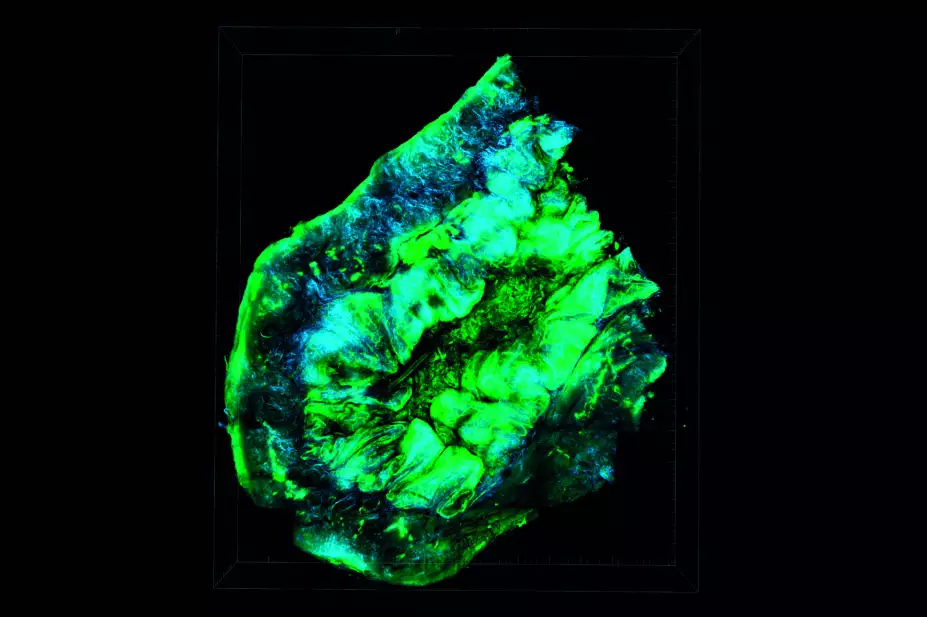
Comprehensive Cancer Center Wake Forest University/National Cancer Institute/Science Photo Library
Heat shock transcription factor 1 (HSF1) is expressed by many types of cancers and is involved in the stress response of cancer cells, as well as tumour growth and progression. However, there are currently no drugs targeting HSF1.
In the search for novel drug targets, researchers from the Institute of Cancer Research used an approach known as cell-based phenotypic screen on 200,000 chemicals to see if any inhibited the HSF1 pathway.
They identified one member of a class of molecules called bisamides, which was able to block expression of a key heat shock protein in the pathway. Further modifications produced a new molecule (CCT251236) that inhibited cell proliferation in vitro and slowed tumour growth in a mouse xenograft model using human ovarian cancer cells.
The team, who report their findings in the Journal of Medicinal Chemistry
[1]
(2017;60:180-201), says the molecule could be the basis for developing a new therapy against a range of cancers.
References
[1] Cheeseman MD, Chessum NEA, Rye CS et al. Discovery of a chemical probe bisamide (CCT251236): an orally bioavailable efficacious pirin ligand from a Heat Shock Transcription Factor 1 (HSF1) phenotypic screen. J Med Chem 2017;60:180-201. doi: 10.1021/acs.jmedchem.6b01055


